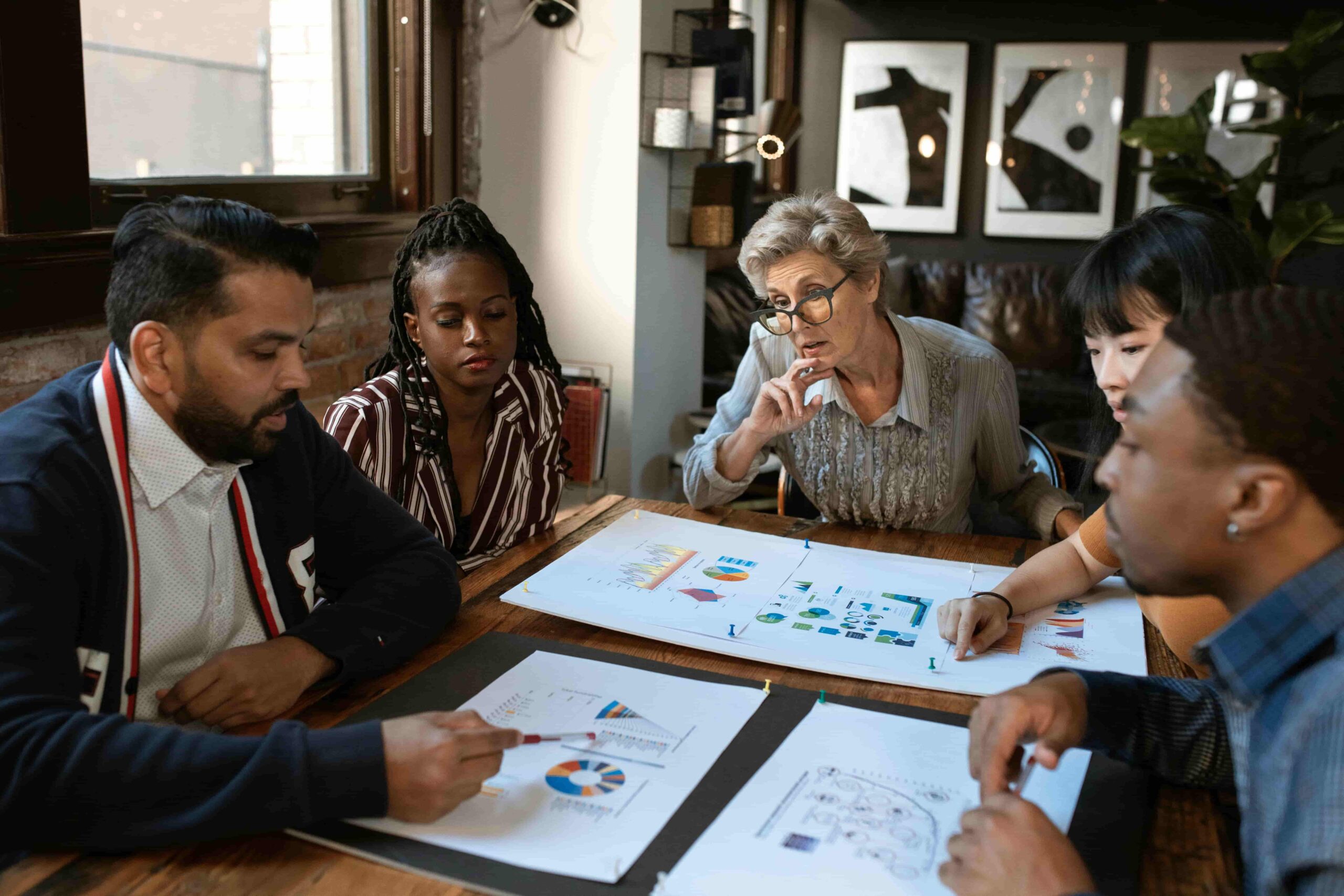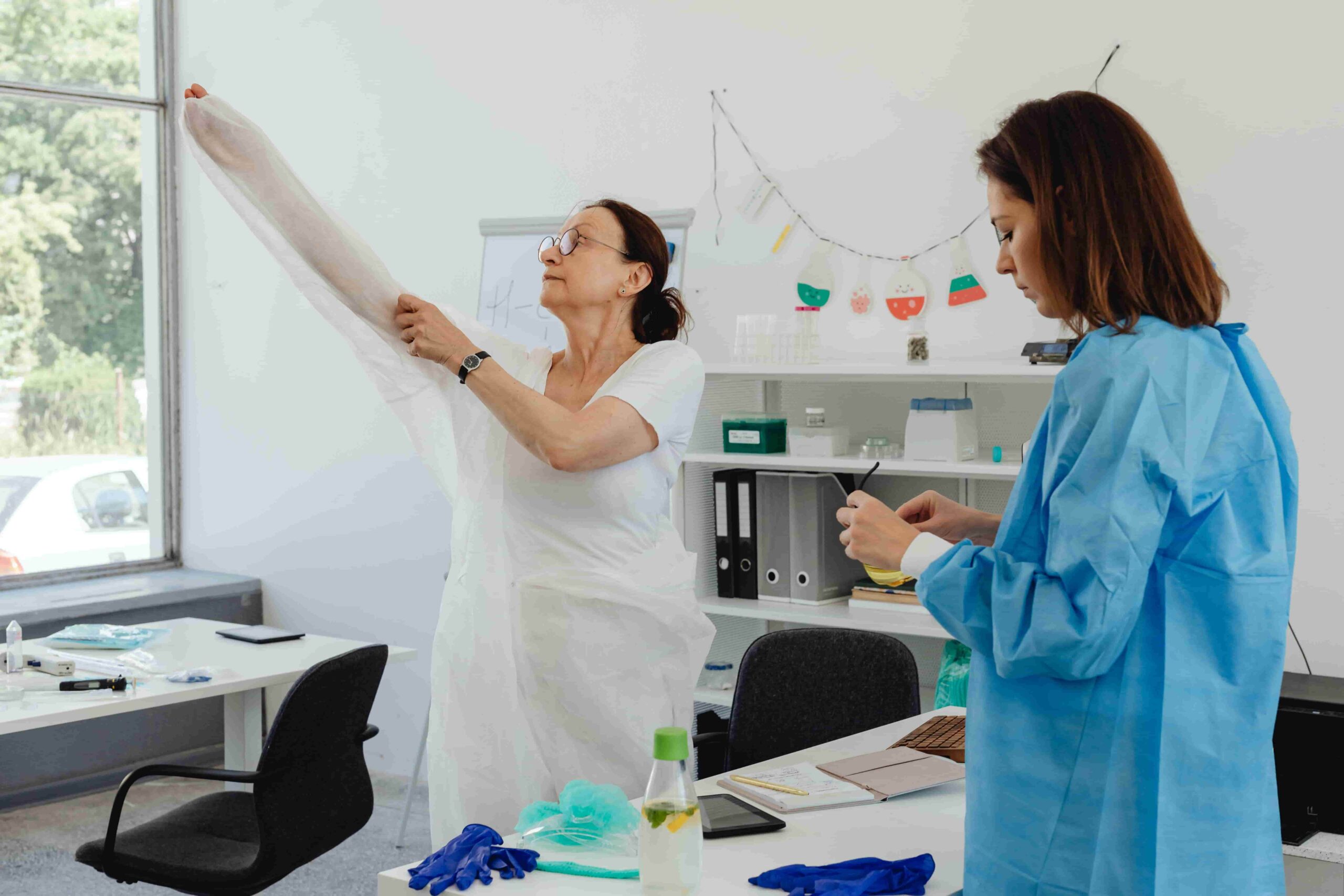When freshers, job seekers, and early-career employees think about skills employers want, the first answers often revolve around coding, communication, or problem-solving. These are important, but there’s another ability quietly becoming one of the most valuable future skills employers look for — digital ethics.
As artificial intelligence shapes everything from hiring decisions to healthcare, the choices we make with technology carry consequences far beyond the workplace. A resume filled with technical skills may get you an interview, but what increasingly sets candidates apart is their ability to make responsible, thoughtful decisions about technology. Employers are signaling this shift in how they hire, train, and promote their workforce.
Think about how quickly digital tools enter our lives. The same AI that writes marketing copy or recommends music can also spread misinformation or reflect bias in recruitment. These situations highlight why young professionals, even those outside of coding or IT, must be equipped with ethical reasoning alongside their technical abilities. That balance is emerging as a defining quality of the modern professional.
Much like how we once debated whether microlearning or macrolearning was the right way to build employability skills, today the conversation is about whether being technically skilled is enough. Increasingly, the answer is no. Digital ethics is becoming essential for anyone preparing for the future workplace.
What Is Digital Ethics and Why Should You Care?
Digital ethics is about making responsible choices when using or creating technology. It’s not just about knowing how to use digital tools — it’s about asking about asking whether we should use them this way. For instance, if a company has access to customer data, digital ethics involves deciding how much of that data should be collected, stored, or shared, and whether the usage is fair to customers.
Why does this matter? Because careers across industries now rely on technology. Recruiters use AI screening tools, banks use algorithms to approve loans, and hospitals use predictive systems for treatment recommendations. If these systems carry bias or if decisions are made without accountability, people’s lives can be directly affected.
For freshers and early-career professionals, this means digital ethics is not an optional skill. Whether you’re in marketing, finance, HR, or design, the ability to recognize and respond to ethical dilemmas in digital spaces is quickly becoming part of the baseline employability skillset.
Why Digital Ethics Is Emerging as a Top Future Skill
Employers today look beyond technical ability — they want employees who can think critically and responsibly in a digital-first world. Reports from the Forum Ekonomi Dunia list ethical reasoning, judgment, and adaptability among the future skills employers want most.
Take hiring as an example. If a recruiter uses AI to shortlist resumes, the algorithm could unintentionally favor candidates from specific backgrounds. Employers now value individuals who can question such practices and ensure fairness. Similarly, in business roles, professionals who can balance profitability with responsible data use are becoming highly sought after.
Companies are under increasing pressure to uphold ESG (Environmental, Social, Governance) standards. This means employees at every level must align daily decisions with ethical and responsible practices. A firm grasp of digital ethics positions young professionals to stand out as thoughtful contributors in this evolving workplace.
Practical Examples of Digital Ethics in Everyday Work
For many students and freshers, digital ethics can sound abstract. In reality, it plays out in daily workplace scenarios:
- In Tech Roles: A software developer choosing whether to use open datasets that might include biased information.
- In Business Roles: A marketing intern deciding how much personal customer data is fair to use in a campaign.
- In Creative Roles: A design associate using AI tools for visual content while ensuring originality and avoiding plagiarism.
These examples show why skills employers look for now extend beyond task execution. Professionals who bring ethical awareness alongside technical proficiency are better prepared to contribute to sustainable and fair workplaces.
How to Start Building Your Digital Ethics Skillset
The good news is that digital ethics, like other employability skills, can be learned and strengthened. Here are simple steps to begin:
- Stay informed about data privacy regulations and AI developments through trusted sources such as OECD dan UNESCO.
- Practice decision-making with real-life scenarios. For example, if faced with biased data, ask: Would I still use it? How might it affect people differently?
- Seek microlearning opportunities — short, focused sessions that fit into your routine. Just as we once explored how microlearning shapes skill-building, brief reflections on ethical dilemmas can build lasting judgment.
- Engage in program keterampilan that integrate ethics into technical and workplace training, ensuring a balanced learning journey.
The Future of Jobs and the Role of Digital Ethics
Looking ahead, the question for freshers and job seekers is not only what skills I have today, but what will employers expect tomorrow? With AI and automation reshaping industries, professionals will increasingly be evaluated on their ability to apply technical knowledge responsibly.
Future-ready workers are those who can code or analyze data while also ensuring that their actions are fair, transparent, and socially responsible. That’s why digital ethics is fast becoming a must-have future skill that employers want.
At Wadhwani Foundation, our skilling and employability initiatives prepare learners to navigate this future with confidence. We emphasize not just technical growth but also the mindset needed to make responsible choices in digital-first workplaces.
Pikiran Terakhir: The next time you think about adding to your employability skills, remember that it’s not just about coding or software tools. It’s about combining technical strengths with ethical awareness. That is the true mark of a professional ready for the future.



